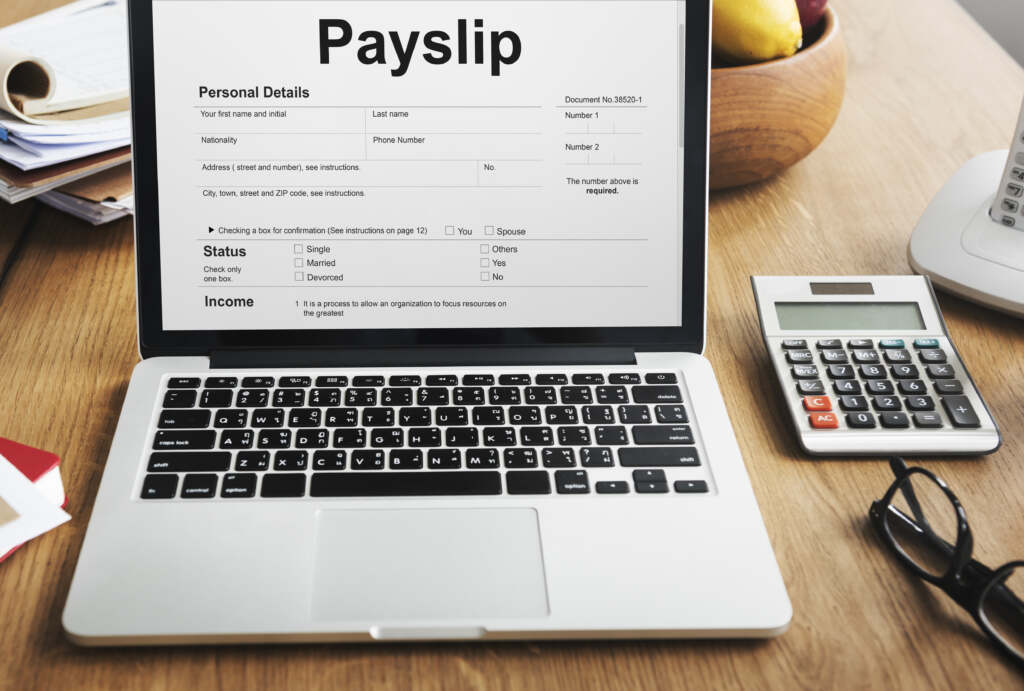Workers’ Comp: Pay Stub Role in Claims Explained
Introduction — Workers’ Comp Pay Stub Role in Claims
When employees are injured on the job, filing for workers’ compensation can provide financial relief during recovery. One critical piece of evidence in this process is the pay stub. The Workers’ Comp Pay Stub Role goes beyond showing earnings; it provides proof of employment, income, and deductions that directly impact the benefits you receive. In this article, we’ll explain why pay stubs are essential in workers’ comp claims, what they should include, and how to prepare them effectively for faster claim approvals.
Why Pay Stubs Matter in Workers’ Comp Claims
Workers’ compensation offices and insurance companies require proof of income to determine the amount of wage replacement and other benefits. Pay stubs serve as official documentation, helping to confirm:
- Employment status at the time of injury
- Regular income and average wages
- Deductions for taxes, insurance, and retirement plans
- Consistency of earnings before the injury occurred
Submitting accurate pay stubs can streamline your claim, reduce processing delays, and ensure you receive the benefits you deserve.
How Pay Stubs Support Wage Replacement Benefits
One of the main benefits of workers’ comp is wage replacement. To calculate this, officials look at the income history reflected in your pay stubs. The Workers’ Comp Pay Stub Role ensures that your average weekly wage is accurately calculated. Missing or inaccurate pay stubs may result in lower benefit amounts than you are entitled to receive.
What Pay Stubs Should Include for Workers’ Comp
For pay stubs to support your claim effectively, they should contain clear and accurate details such as:
- Employer’s name and contact information
- Employee’s full name and identification number (if applicable)
- Pay period start and end dates
- Gross and net wages
- Overtime, bonuses, or commissions
- Deductions (insurance, retirement, taxes)
- Year-to-date totals
The more comprehensive your pay stubs are, the easier it is for claims officers to verify your eligibility.
When Original Pay Stubs Are Missing
Sometimes, employees cannot access their original pay stubs, especially if they have changed jobs or lost employer access. In such cases, a pay stub generator can help create accurate, professional replacement records. These generated stubs should always reflect realistic data to ensure compliance.
If you still have your regular pay stub from your employer, always use it first, as original documents hold the highest credibility.
Steps to Submit Pay Stubs for Workers’ Comp Claims
Step 1: Gather Complete Records
Collect multiple pay stubs leading up to your injury date. This helps establish consistent earnings.
Step 2: Review Accuracy
Ensure that your name, income details, and employer information are correct. Small errors can delay claim approvals.
Step 3: Submit with Claim Application
Attach or upload scanned copies of your pay stubs as instructed by your workers’ comp office or insurance provider.
Step 4: Keep Backup Copies
Always keep copies of your pay stubs for reference in case further verification is requested.
Common Mistakes to Avoid
Many employees unintentionally delay their workers’ comp claims due to pay stub errors. Common mistakes include:
- Submitting incomplete or unclear copies
- Forgetting to include overtime or additional earnings
- Relying on outdated pay stubs that don’t reflect recent wages
- Not organizing pay stubs chronologically
Avoiding these errors will make your claim stronger and reduce approval time.
Workers’ Comp and Medical Benefits
Beyond wage replacement, workers’ comp often covers medical bills. Pay stubs help establish not just your earnings but also your deductions for health insurance, which may affect coverage details. A strong record of Workers’ Comp Pay Stub Role helps ensure you receive both wage and medical benefits smoothly.
FAQs — Workers’ Comp Pay Stub Role
Can I file a claim without pay stubs?
While it is possible, the process will likely take longer. Officials may require alternate proof of earnings, such as tax returns or W-2s.
Are digital pay stubs acceptable?
Yes, digital or scanned stubs are acceptable as long as they are clear, accurate, and verifiable.
How many pay stubs should I submit?
Submit at least 4–6 recent pay stubs to establish a reliable earnings history. Year-end stubs are also valuable for comprehensive proof.
Conclusion
Filing for workers’ compensation requires reliable proof of employment and income. The Workers’ Comp Pay Stub Role is crucial in demonstrating your eligibility, supporting wage replacement calculations, and ensuring accurate medical coverage. Whether you use an employer-issued regular pay stub or generate replacement records through a pay stub generator, ensuring accuracy and completeness will help strengthen your claim. By preparing your documents properly, you can increase your chances of a smooth and successful approval.

